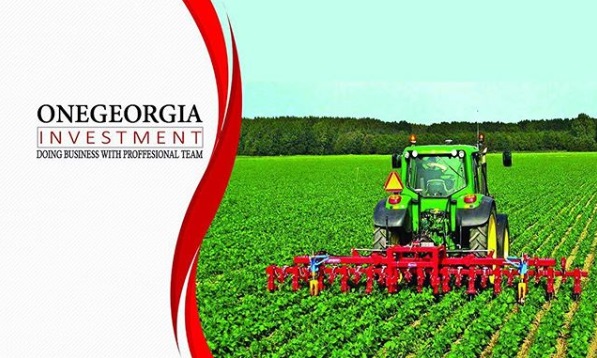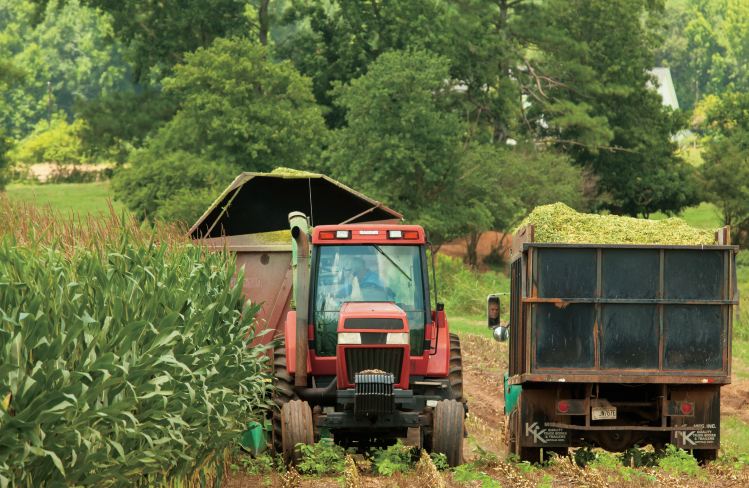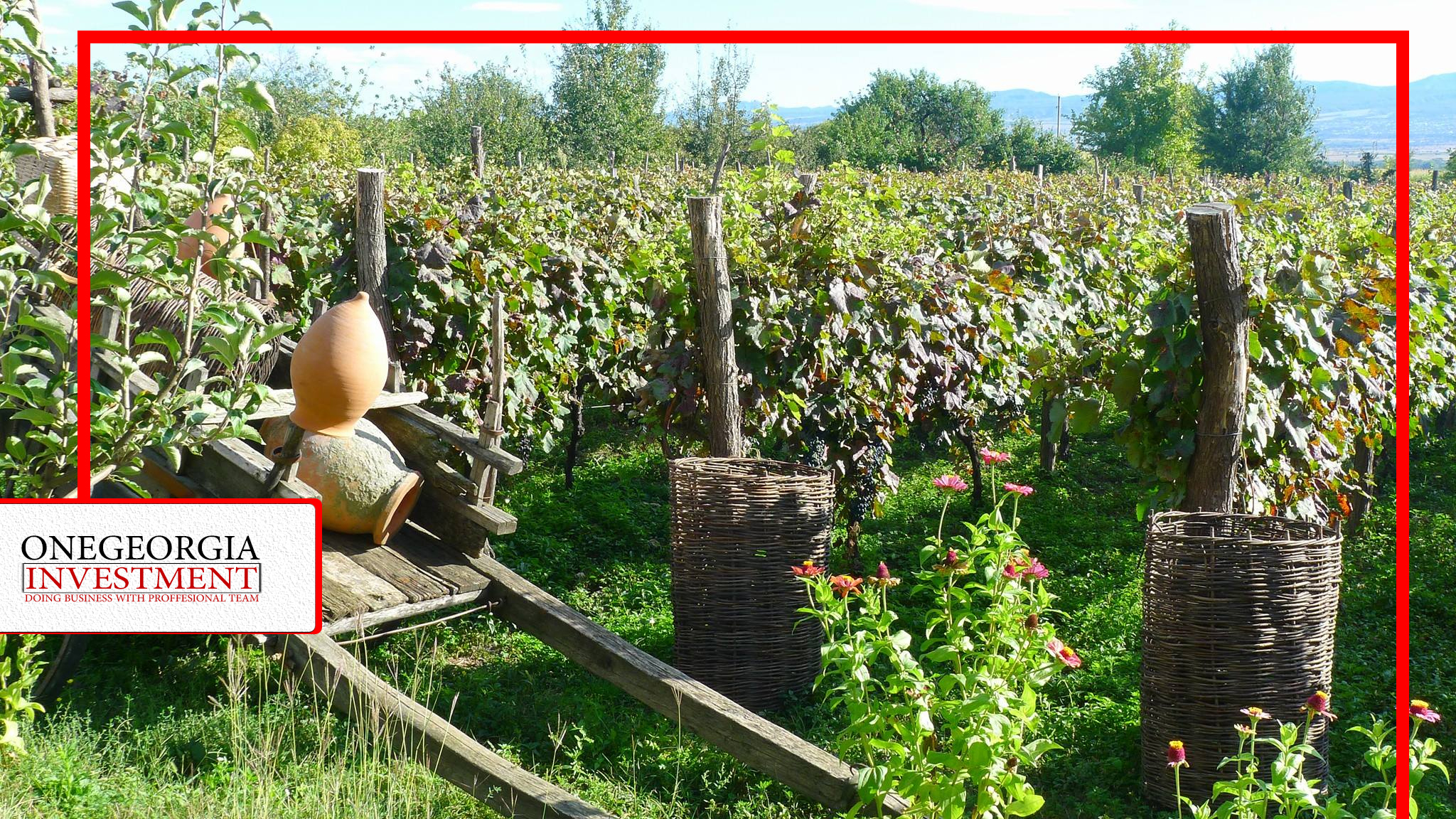
agricultural
……….
Georgia is located on the crossroad of Europe and Asia. It lays at the eastern end of the Black Sea, with Turkey and Armenia to the south, Azerbaijan to the east, and Russia to the north, over the Caucasus Mountains. The capital and largest city is Tbilisi. Georgia’s total territory covers 69,700 square kilometers.
Population in Georgia is 3 729.5 thousand persons (as of first of January 2015). Official language is Georgian. There are just 14 independent alphabets in the world and Georgian is one of them. A large majority of Georgia’s population (83.9% in 2002) practices Orthodox Christianity. Country is unitary semi-presidential republic. Georgian currency is Georgian Lari (GEL).
Georgia is rich in agricultural tradition which is an integral part of its history, mentality and cultural heritage. Agriculture played an important role in formation of the Georgian statehood and contributed much to its economic development.
Georgia has favorable climatic and natural conditions conducive to development of agriculture. 43.4% (more than 3 million hectares) of the whole territory of Georgia is designated as agricultural land which also includes pastures and meadows. 43 % of the area is covered with forest.


